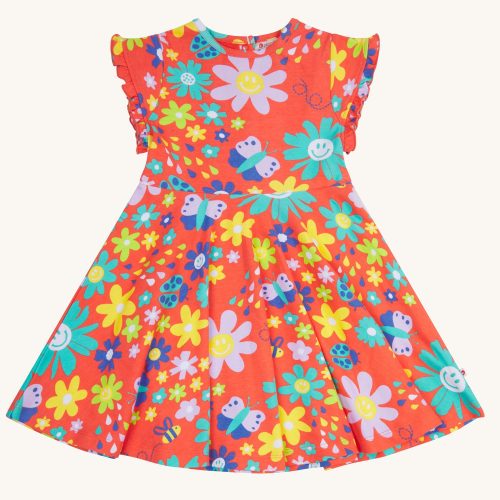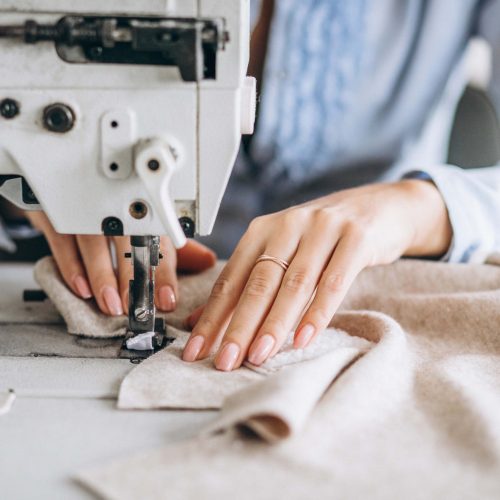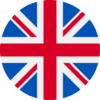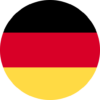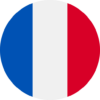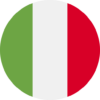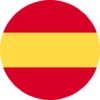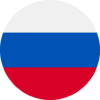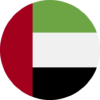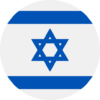Title: Wholesale Fabric Sales from Turkey: A Comprehensive Guide
Turkey has long been a global leader in textile production and distribution. The country’s extensive history of textile craftsmanship, advanced production capabilities, and strategic location between Europe and Asia make it an ideal hub for wholesale fabric sales. This article explores the rich fabric industry in Turkey, its benefits, and how businesses worldwide can tap into this booming market.
Introduction
Turkey is one of the largest textile and fabric producers in the world. Known for its high-quality materials and innovative designs, Turkish fabrics are in high demand globally, especially in the European, Middle Eastern, and North American markets. Whether you’re looking for cotton, wool, silk, or synthetic fabrics, Turkey offers a vast range of textiles at competitive wholesale prices. This guide delves into the various types of fabrics produced in Turkey, the benefits of importing from the country, and how to establish successful wholesale relationships.
1. Overview of Turkey’s Fabric Industry
Turkey’s fabric industry dates back centuries, with deep-rooted traditions in craftsmanship and weaving. Today, the country is a modern textile powerhouse, boasting cutting-edge manufacturing facilities, highly skilled labor, and strict quality control standards.
The main fabric-producing cities in Turkey include:
- Istanbul: As the largest city in Turkey, Istanbul is home to a diverse range of textile suppliers. It serves as the primary hub for fashion, design, and fabric sales.
- Bursa: Known for its silk production, Bursa has a long history of textile weaving and is a key player in luxury fabrics.
- Denizli: Specializing in home textiles, Denizli is famous for its production of towels, bed linens, and other household fabric goods.
2. Types of Fabrics Available in Turkey
Turkey is known for its wide variety of fabrics, catering to different industries such as fashion, home decor, automotive, and industrial textiles. Some of the popular types of fabrics produced in Turkey include:
- Cotton: Turkey is one of the largest cotton producers globally. Turkish cotton is highly sought after for its softness, durability, and high thread count. It is used in a wide range of products, from apparel to bed linens.
- Silk: Turkish silk, particularly from Bursa, is known for its luxurious quality. It is often used in high-end fashion and home textiles.
- Wool: Turkey produces high-quality wool fabrics that are used in winter clothing, suits, and upholstery.
- Synthetic Fabrics: Turkey’s modern textile mills produce a variety of synthetic fabrics such as polyester, nylon, and spandex, which are widely used in activewear, swimwear, and other functional apparel.
- Denim: Turkey is a leading exporter of denim fabrics, providing raw materials to some of the biggest global denim brands.
3. Benefits of Importing Fabrics from Turkey
- High-Quality Production: Turkish manufacturers adhere to strict quality standards, ensuring that the fabrics are durable, soft, and of premium quality.
- Competitive Pricing: Due to Turkey’s advanced textile manufacturing processes and access to raw materials, the country offers competitive pricing on fabrics, especially in bulk.
- Proximity to Major Markets: Turkey’s location provides logistical advantages for businesses in Europe, the Middle East, and Africa, reducing shipping costs and lead times.
- Sustainability Initiatives: Many Turkish textile producers have adopted eco-friendly practices, focusing on sustainable production and reducing environmental impact. This is particularly important for companies looking to meet the growing demand for sustainable textiles.
4. How to Source Wholesale Fabrics from Turkey
Sourcing fabrics from Turkey can be a profitable venture if done correctly. Here are some steps to ensure a successful wholesale fabric purchase:
a) Research Reliable Suppliers
Start by researching reliable Turkish fabric suppliers. Platforms like Alibaba, Made in Turkey, and Global Sources offer a list of verified manufacturers and wholesalers. It is essential to vet suppliers thoroughly by checking reviews, asking for samples, and verifying certifications.
b) Visit Trade Fairs and Exhibitions
Attending textile trade fairs in Turkey is a great way to meet suppliers, view their collections, and negotiate prices. The most prominent events include Texworld Istanbul, Première Vision Istanbul, and Istanbul Yarn Fair. These fairs provide direct access to suppliers and new trends in the fabric industry.
c) Negotiate Prices and Terms
When buying wholesale, always negotiate prices and payment terms. Turkish suppliers are accustomed to negotiating, especially for bulk orders. Make sure to discuss minimum order quantities, shipping costs, and lead times before finalizing any agreement.
d) Order Samples
Before placing a large order, request fabric samples. This allows you to test the material for quality, texture, and color. It also helps in verifying the consistency of the supplier’s production.
e) Arrange for Shipping and Customs
Turkey has a well-established logistics network, but it is important to plan for shipping and customs clearance. Work with a reliable freight forwarder who understands the import regulations of your country. Ensure that all documentation, including invoices, packing lists, and certificates of origin, is accurate and compliant with customs requirements.
5. Legal and Regulatory Considerations
Before importing fabrics from Turkey, familiarize yourself with the legal and regulatory requirements of both Turkey and your home country. Key areas to consider include:
- Import Tariffs: Check the applicable tariffs for textile products in your country.
- Customs Regulations: Ensure that you meet all customs requirements for importing fabrics. This includes necessary documentation and compliance with safety and environmental standards.
- Textile Certifications: Some countries require specific certifications for textiles, such as OEKO-TEX® Standard 100, GOTS (Global Organic Textile Standard), or REACH compliance for chemical safety.
6. Building Long-Term Relationships with Turkish Suppliers
Building a strong relationship with your Turkish fabric supplier is key to securing long-term success in the wholesale fabric market. Focus on the following:
- Consistency: Ensure that your supplier consistently delivers high-quality fabrics according to agreed-upon specifications.
- Clear Communication: Maintain open lines of communication to resolve any issues quickly and effectively.
- Flexible Terms: Negotiate flexible payment and delivery terms as your relationship grows.
- Visits and Inspections: Regular visits to your supplier’s facility can help maintain quality control and build trust.
7. Case Study: Success Stories from Turkey’s Wholesale Fabric Market
Many international brands and designers have successfully sourced fabrics from Turkey. For instance, Zara and H&M are known to work with Turkish suppliers due to the country’s ability to deliver fast fashion fabrics in a timely manner. Moreover, small boutique brands have also found success by leveraging the unique designs and craftsmanship of Turkish fabric manufacturers.
Conclusion
Turkey’s wholesale fabric market offers endless opportunities for businesses seeking high-quality, competitively priced materials. With the country’s rich history in textile production, modern infrastructure, and strategic location, importing fabrics from Turkey can give your business a competitive edge. By building strong relationships with suppliers, understanding the import regulations, and staying up-to-date with the latest trends, you can successfully navigate the Turkish fabric industry and create products that stand out in the global market.
